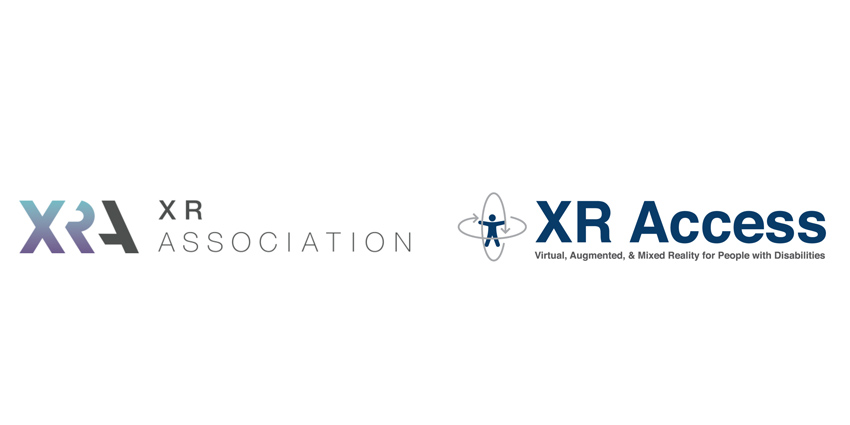The XR Association (XRA) announced on Tuesday it has launched a GitHub site to provide a repository of solutions for people working on extended reality (XR) technologies for people with disabilities.
The XRA, a Washington, DC-based trade organisation tasked with representing and promoting the global virtual, augmented, and mixed reality (VR/AR/MR) industry, partnered with the XR Access Initiative to open the new GitHub repository.
Today our work towards accessible XR continues with the launch of a new Github site, https://t.co/avkJtRIAwM, in partnership with @XRAccess.
This free asset will help developers find resources and code snippets that support the use of XR technology by people with disabilities.
— XR Association (@XRAssociation) October 19, 2021
The repository is free for software developers and provides access to code, resources, best practices, and other tools to build XR technologies aimed at assisting people with disabilities, and is designed for leading platforms such as Unity, WebXR, and ARCore.
Developers submitting resources to the site can also receive reviews on their work.
Elizabeth Hyman, Chief Executive of the XRA, said she was excited to continue her organisation’s partnership with the XR Access Initiative, adding,
“As we talked with XR developers it quickly became clear that we not only needed to provide recommendations for building XR technology for all but also provide a practical resource for developers to access and share tools to make those recommendations a reality”
According to Dylan Fox, Coordination and Engagement Team Lead for XR Access, accessibility to such tools was “not only a human right” but “a smart investment.”
He continued, stating,
“It’s a big ask to go up to developers and say, ‘Here’s what you need to do to make your XR app accessible, but you’re going to have to do it from scratch.’ This resource will be a huge help in making sure that developers don’t have to reinvent the wheel in order to make accessible XR applications.”
The news comes after the XRA released a white paper in early October on research with the US Department of Labor’s Partnership on Employment & Accessible Technology (PEAT), which outlines potential uses for XR technologies to foster inclusiveness in the workplace.
A further publication from the third chapter of the XRA Developers Guide explored options for expanding accessibility and inclusive designs in immersive virtual environments.
The announcement comes after the Joan O’Hara, XRA Vice President of Public Policy, spoke to XR Today about the need to include XR technologies in a bill from lawmakers in the United States to develop emerging technologies such as artificial intelligence (AI), 5G networks, infrastructure, and others across the country.
The US Senate passed the US Innovation and Competition Act (USICA) 2021 in early June, and legislators in the House of Representatives are set to decide on the bill’s fate in the near future.







